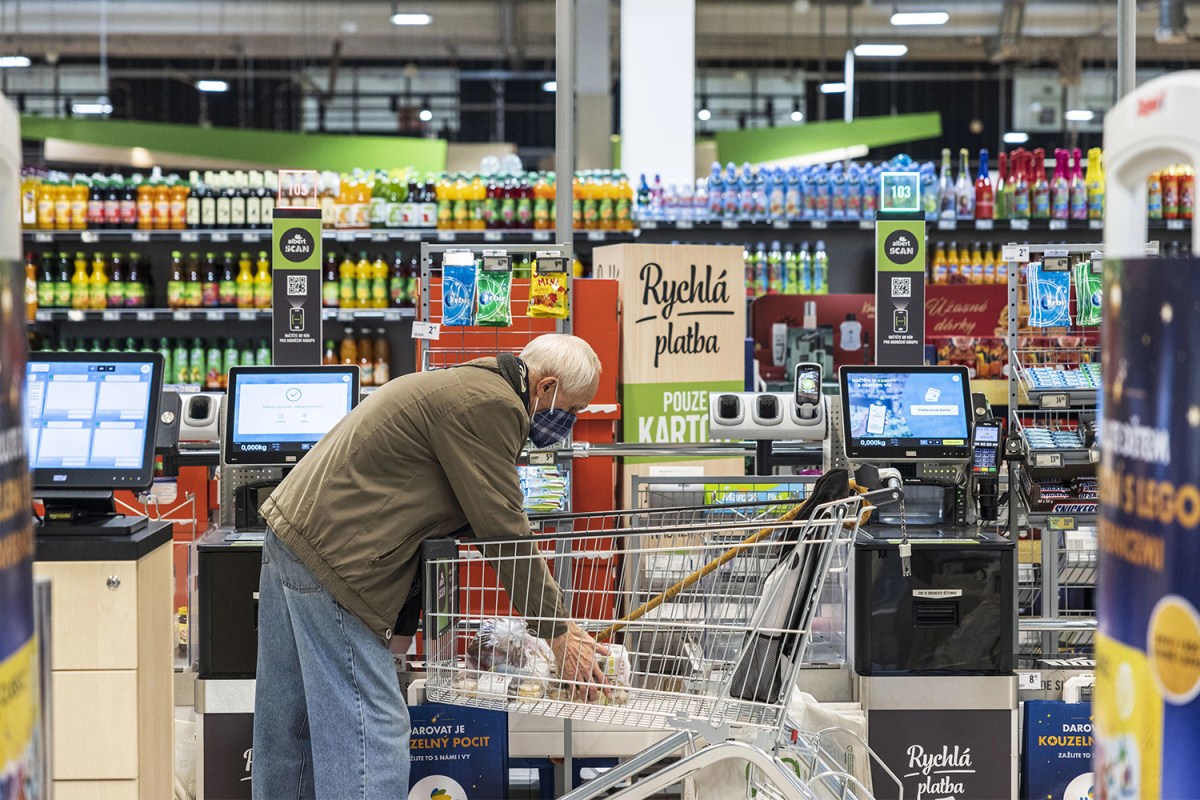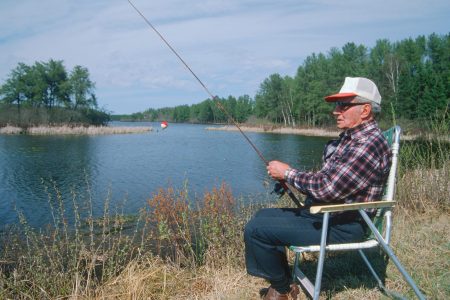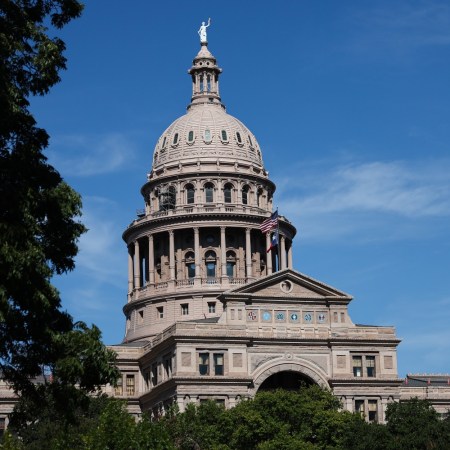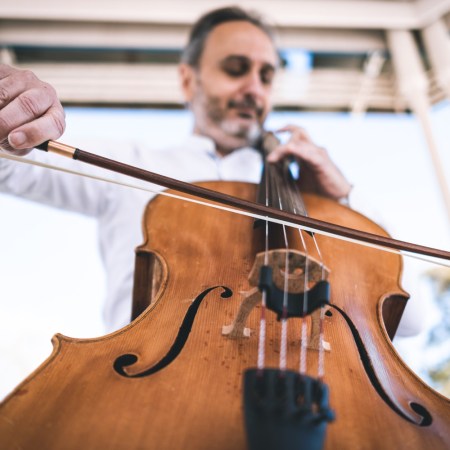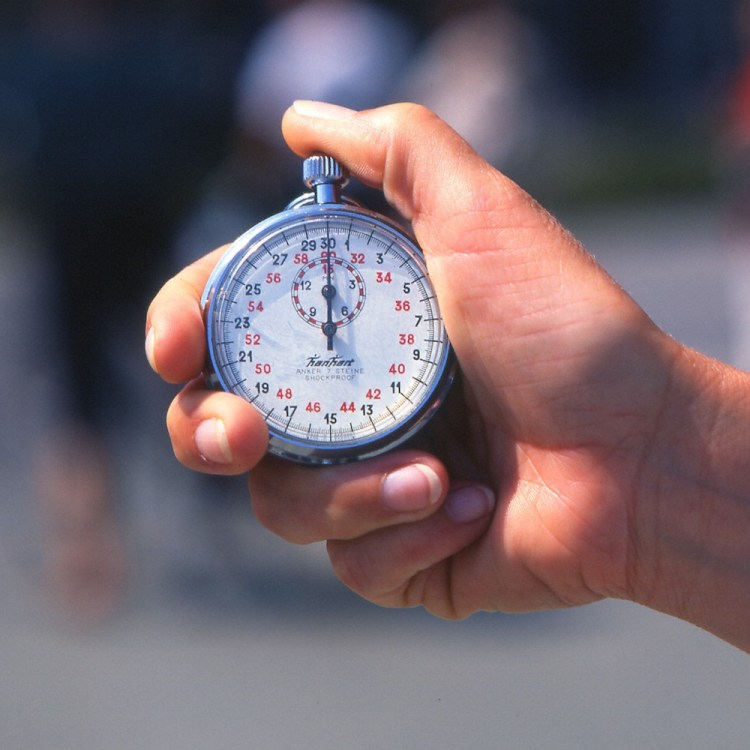Earlier this week, The Wall Street Journal ran a story on Barnes & Noble’s plans for expansion in 2023. Remarkably, the retailer will open more stores than it closes next year.
Over the years, the behemoth bookseller that once provided inspiration for the big bad Fox Books in You’ve Got Mail has actually started to resemble Kathleen Kelly’s adorable-yet-vulnerable The Shop Around the Corner. After all, Amazon now controls up to 80% of all book distribution in the U.S. It reels in $280 billion a year from its hardcovers, paperbacks and e-books.
But big-box brick-and-mortar has somehow survived the pandemic, and reemerged with strategies to keep stores open and opening (if not at the rate of the industry’s peak, way back in 2007).
Think: smaller spaces and smarter layouts, plus hiring practices that prioritize credibility and kindness over just saving a buck. The key term in the WSJ piece? “Linger.” Executives at Barnes & Noble, like executives at REI, or Marshalls, have visions of treating their customers like visitors, which means encouraging them to hang out and spread out.
That shift in sensibility may or may not provide a difference on the business side for retailers. But it could make a massive difference for shoppers, and especially for those getting up there in age.
Over the last five years, the number of self-checkout lanes in the U.S. has increased by 10%. Certain grocery chains are now 40% self-checkout, others are experimenting with self-checkout-only concepts. The service has even started popping up in home goods and electronics stores.
Self-checkout is favored, unsurprisingly, by the 19-24 demographic, who appreciate the fact that they can buy a roll of toilet paper without having to talk to another human being. But most adults — and especially baby boomers — prefer manned lanes.
Why Retiring Early Could Actually Take Years Off Your Life
You might hate work right now. But for so many seniors, it’s their last true source of purpose and pride.At a time when loneliness is crushing America’s aging population, and “kinless seniors” (people with neither parents, nor siblings, nor children to speak of) are growing in ranks, human interaction is more priceless than ever.
It might sound odd to a token well-connected Millennial — they of workout classes, a hybrid workflow and a standing Saturday dinner party — that anything of value could be gleaned by a meaningless transaction at a CVS or a Kroger, but for certain seniors, that sort of chitchat is critical. It’s their link to an outside world that is more online and less congenial than ever.
To stem that trend, and help create a sense of community, companies might consider making adjustments here and there to make their retail locations feel like places where people — of all ages — want to linger. If the key is to differentiate from the harried and anonymous experience of internet shopping, why not double down on interaction?
Perhaps the best example of a place and situation where this has worked is in the Netherlands, where 200 grocery stores have now instituted a program known as kletskassa. It means “chat checkout.” Elderly shoppers looking for a bit of company are encouraged to seek out the slower, zero-hurry line, where a cheery employee looks them in the eye and asks them about their day.
Obviously, it isn’t the job of any associate at T.J. Maxx to go full Miracle on 34th Street and make the day of every patron who trudges past the automatic doors. Frontline workers have done enough these last few years. They shouldn’t be tasked with conquering the loneliness epidemic, too.
That said, if companies broach the issue gently, and hire and train these cashiers or helpers in a gentle and transparent way, there’s a ton of potential. And who knows, maybe a development like Barnes & Noble’s thoughtful expansion could add some color and community to the lives of the elderly. Communities and churches do a lot to keep the oldest among us actively engaged. But companies can help, too.
The Charge will help you move better, think clearer and stay in the game longer. Subscribe to our wellness newsletter today.
